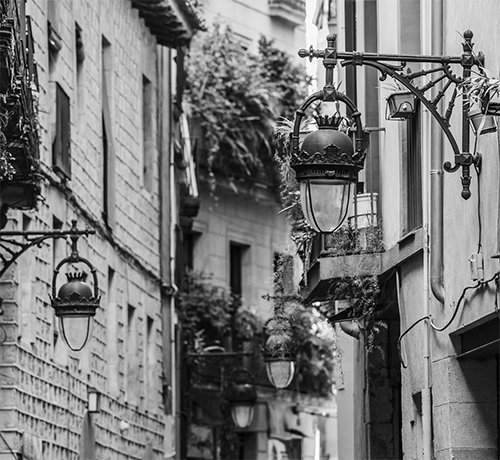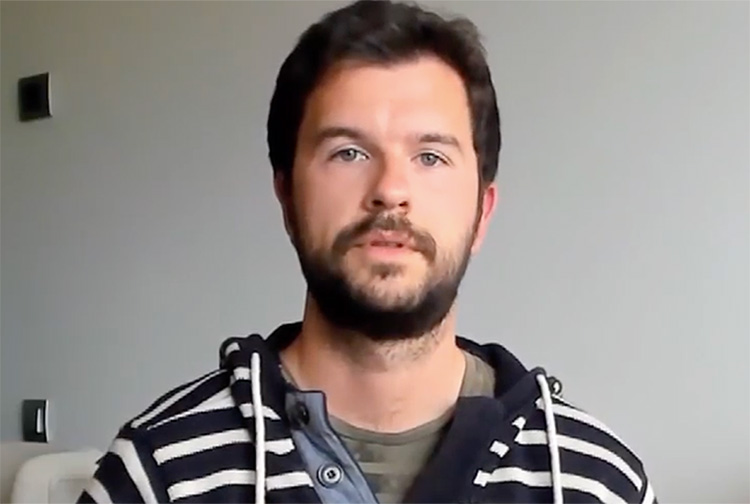

Catalan sayings about money
The Catalan language is full of sayings through which popular wisdom used to advise on economics, that is, the community used to help its members. Let’s analyse some of them and their origin.
Paroemiology is the science that studies the origin and meaning of proverbs, and is as old as language itself. We find samples in the translations of the proverbs of the Bible, and in Jewish and Arabic books of sentences translated into Catalan. We can find them in the work of the philosopher Ramon Llull or the writer Francesc Eiximenis, in the book Tirant lo Blanc, and so on. Since the end of the 16th century, the saying takes precedence over proverbs. Here are just a few examples of how paroemiology has been present since time immemorial: from Guillem de Cervera’s Proverbis (1180), Llibre de Doctrina del Rei Jaume d’Aragó (1290), and so on, to books such as Baldiri Reixach’s or Carles Amat’s, used for teaching. One of our country’s paroemiologists is Victor Pàmies i Riudor; through his work we can know the origin, history, etymology…
As an example, let’s analyse a few sayings related to money and investment. Popular wisdom always gives us good advice.
- L’aigua va allà on n’hi ha més.
It refers to money: the more you invest, the more profit you get. (In fact, water tends to accumulate forming rivers, in the sea …) It means: money goes where money is. - Sabater amic o parent, calça car i dolent.
It warns that whoever gives money to win a friendship or find love, comes out unscathed because everyone takes advantage of kindness. - Per casar filles donzelles no venguis moltons ni ovelles.
It means that the family patrimony should never be undone. (Long ago, to marry a daughter, you had to endow her with some goods: money, jewellery, furniture, tableware and bedding, animals, land …) - Béns de campana, Déu els dona i el diable els escampa.
It tells us that those gains that come easily and effortlessly are the easiest to lose. - Diners de tot fan veritat i del jutge advocat.
It tells us that, with money, we can change reality according to our interests. - Si a qui deus no pots pagar, humilment li has de parlar.
This saying tells us to be humble with our creditors when we cannot pay them what we owe them, in order to avoid retaliation. - Germans, els pans; parents, els qüens; i coneguts, els papers de menuts (qüens = diners). Even food is shared between siblings; you can trust a relative or ask them for money; but none of this is possible with an acquaintance.
- Educació i diner fan al fill cavaller.
Education makes a person perfect and money proclaims it. - Al marit, barca; la muller, arca (arca = cofre = caixa dels diners).
Husbands used to do physical work whereas wives used to manage family money. It means that everyone has to do the tasks for which they are best prepared. - Sastres, música i sabaters, moltes postures i pocs diners
They move their hands and body a lot in exchange for little benefit. - Si la butxaca no sona, els músics no poden tocar.
With a precarious economy, great things cannot be done. - Pagant, sant Pere canta / En pagar, sant Pere canta / Pagant, mossèn Pere canta.
Money gets the most unthinkable things. - Si vols enganyar al marxant, posa-li la “ganància” per davant.
Cash in front of your eyes usually makes you decide right away to whom you sell. - Qui pren, son cor ven.
Whoever accepts someone’s money, gifts, or favours, is left in material or moral debt. - A on vas, diners? Allí a on n’hi ha més.
It means owning money is the principle to having more.
Sayings in Catalonia
Sayings can be categorised according to their topic. According to Joan Fontana, José Enrique Gargallo, Víctor Pàmies, and Xus Ugarte in their work Els refranys més usuals de la Llengua Catalana, there are 15 major topics:
- Meteorological sayings.
- Calendar sayings.
- Sayings about jobs and profits (money, works, jobs …).
- Sayings about religion and beliefs.
- Sayings about home and family.
- Sayings about men and women. The human body and the ages of life.
- Sayings about flora, fauna, and nature.
- Sayings about people’s qualities and feelings.
- Sayings about health and illness.
- Sayings about food and drink.
- Geographical sayings.
- Sayings about parties and leisure.
- Sayings about tips.
- Sayings about morality.
- Miscellaneous sayings.
Sayings have two meanings: the literal meaning and a figurative meaning, which is exemplified by the literal meaning. To use proverbs in our usual speech, you must know that they are bits of prefabricated speech. Aside from being known by most members of the speaker community, they can be used to refer to ideas that contain some kind of shortcut in order to avoid explaining them.
Do you want to be the first to receive the latest news about 11Onze? Click here to subscribe to our Telegram channel
Leave a Reply
You must be logged in to post a comment.





Molt interessant , història i cultura popular , gràcies Lels
Gràcies a tu, Mercè . Recordar refranys sempre és bonic 😉
El que es fia de tothom, es fa pobre i no sap com
Doncs sí, tristament veritat.
La pela és la pela!
Mai millor dir a La Plaça Laura!!
👍
Laia quina maestria un refrany rere l’altre un altre dia entraré refranys tinc un llibre super antic
Gràcies, Alicia! Si vols pots compartir el teu preferit aquí a la Plaça 😉